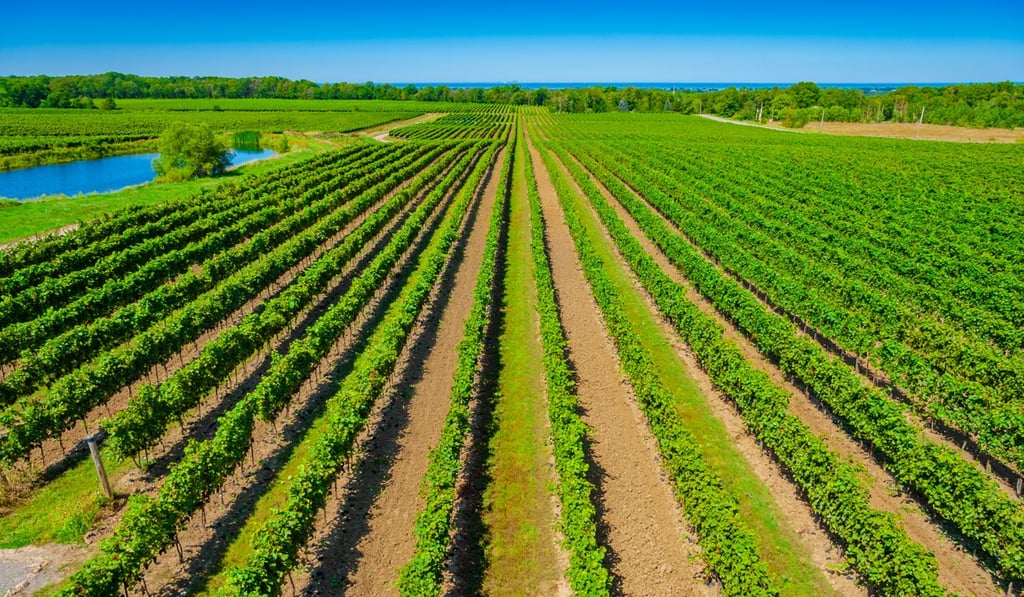Organic vs biodynamic wines - what's the difference and is one better than the other?

Next time you buy a bottle, read the packaging carefully to ensure you get what you pay for
When it comes to wines, it’s not a matter of red or white any more. For committed oenophiles, the million-dollar question is: organic or biodynamic?
While wine is a product of two processes – the growing (planting, cultivating and harvesting) and the making (crushing, fermenting, processing and bottling) – the terms “organic” and “biodynamic” simply refer to the agricultural practices followed.
Unlike conventional varieties, organic wines are produced to stringent farming standards – shunning synthetic fertilisers, pesticides or herbicides, and using only non-GMO (Genetically Modified Organisms) seeds.

Biodynamic wine producers, on the other hand, go a step further: they see the vineyard as an independent, sustainable ecosystem. To encourage all living organisms to flourish within the vineyard, for example, vintners do everything from making their own compost to planting vines according to the lunar calendar.
Nevertheless, both organic and biodynamic wine producers share similar views on reducing environmental impact, with a focus on eco-friendly methods for improving soil fertility and vitality.
When it comes to the labels on the bottles, however, the two differ.
The term “organic” is regulated by certification bodies that are accredited by government agencies. Products that are organic-certified meet specific requirements and bear a unique seal on the packaging. So if a label states that the wine is “made with organic grapes” but does not carry the seal, it is not necessarily 100 per cent organic.